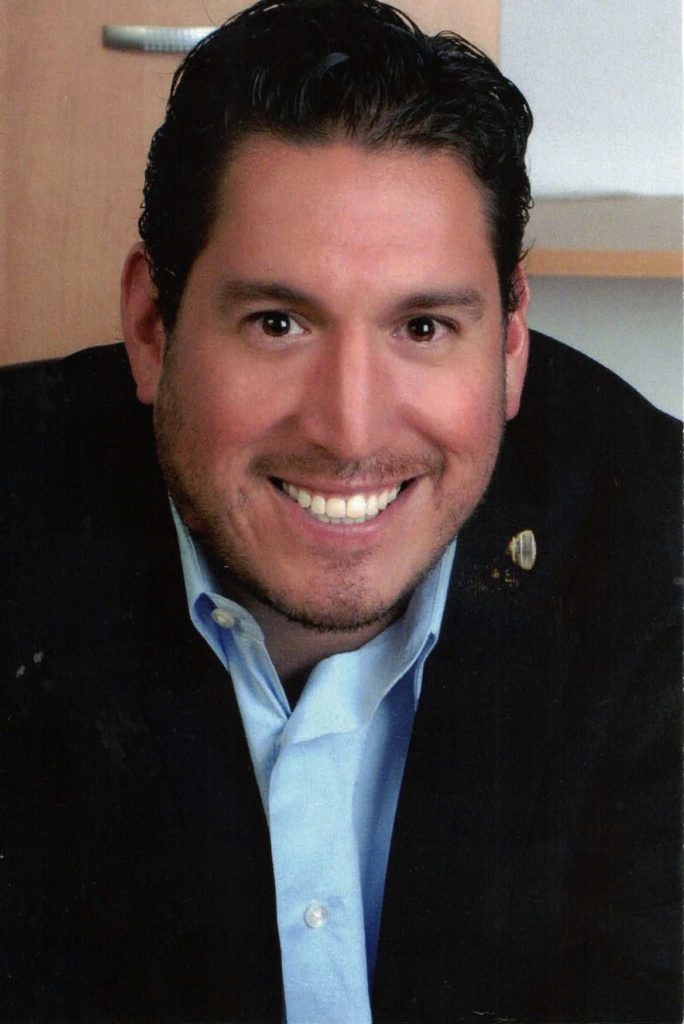I never wanted to be a writer. I didn’t start writing in prison because of some cliché about finding my place in the world, blah. blah, blah. I started writing because I was hungry. Writing became my hustle and kept my box deep in honey buns. I would write or type anything you wanted. Legal brief? I got you. Love letter? What’s the young girl’s name? Grievance? Tell me how you were wronged. That was year one.
Fast forward to year two. My therapist (and AA) recommended I write apology letters to anyone I may have wronged to deal with my debilitating shame. Ouch. This is when I learned that writing with raw honesty will tear your guts out. Like when I saw the look on my mother’s face when I was sentenced, and I knew that I could do nothing to help her. It felt like I was stuck in a barrel at the bottom of the ocean with no way out. There is no worse feeling in the world and yet this was also when the first crack of light shone into my otherwise dreary existence. That’s the beauty of the written page: it will slice you deeper that you could ever have imagined and yet heal you at the same time.
Cut to year five of my incarceration. On a whim, I submit a few pieces to my prison newspaper. Much to my surprise, they are selected for publication. I cannot explain to you the feeling of seeing your name in print next to your labor of love; it is as if the sun shines on you from all sides. For the first time in a long time, I feel like I am good at something . . . and I want more.
Years six and seven have been dedicated to sharpening my craft. I write (and rewrite and revise) as if my life depends on it. I read the writing craft classics. I submit my work and query no less than 10 publications a month. Mostly I get crickets. but every now and then I get an encouraging note from an editor, agent, or publisher. It keeps me pushing forward. I see some of my pieces selected for publication in places like Prison Journalism Project or the NYU Law Review. I win a couple of PEN awards and am short-listed for a few more. And now I know I’m hooked. This is my new life. I have never wanted anything more in my life than to be a writer.
Mr. Crew Cut: An Angel Among the Monsters
There is nothing exactly like living in Hell, but there is something close to it. In my Hell, where I lived for most of 2013, there is, as Dante understood, no hope. You wake up every morning realizing that your nightmare will continue into your waking hours. The loss you have suffered is permanent. Life will never be the same. There is no healing, no improvement; but even more important, there is no possibility of any to come. The most unbearable thing about your unbearable life is that you will always be forced to bear it.
In the midst of my incarceration, alone and desperate to salvage any relationships with my loved ones (and failing), I occasionally wondered if those who blamed me were watching and somehow they might find my misery enjoyable? I might have–if I believed everything that was said about me and on a number of particularly dark nights, I considered doing just that. I doubted anyone could hate me more than I hated myself. I removed the mirror from my cell, as I couldn’t bear to look at my own reflection.
Cut to Mr. Crew Cut, an elderly man from the greatest generation that volunteered to teach creative writing and journaling on my prison Wing. He carried himself as if on his own weather event. When he spoke, people froze in their spots as if Jesus himself were in the room. He wore a beret, ascot, and handkerchief–matching and bold. In other words, extra AF. Others attended his class; good for them. I had more important things to do like watching for the apex predators seeking easy prey. I think a part of me was simply scared (and by scared I mean an emotion closer to terror) to crack open the files because then I had to reckon with the pain I had caused.
Then, a pivot. Inmate Twitter (aka the rumor mill) was trending with gossip about a possible shake-up in our building. Inmates will be moved into other cells or buildings due to a new directive that required mixing races between cellmates. The only guys that were safe were those currently participating in an educational program, like Mr. Crew Cut’s class.
Writing was hard for me, after my senses had lain dormant for so long I couldn’t express what I was feeling. Prison always felt like a place where nothing happens. Life is elsewhere. When I did write I was angry. Trauma lived on the edges of every story. Mr. Crew Cut asked why I swore so much in my writing. I explained, would “Fuck the Police” by NWA be as artistically and politically honest had it been called “The Heck with The Police?” Plus, he told us to write with raw honesty. He reasoned, if our writing was to mean anything to anyone it must above all be true. Later that month, much to my surprise, he announced to the class that he had changed his opinion about cursing in our writing. He told us that sometimes civility and being politically-correct can be counterproductive, even destructive because it perpetuated falsehoods, while vulgarity could keep us honest. Rudeness could be useful. BUT ONLY if it is being honest. That’s the kind of teacher he was. He listened. He respected us.
I didn’t realize honest writing would tear your guts out. Like when I saw the pain and shame in my mother’s eyes when she came to visit me, knowing it was my fault and, worse, I could do nothing to help her. That feeling of helplessness was like being stuck in a barrel at the bottom of the ocean with no options. There is nothing worse. Keen writing, Mr. Crew Cut insisted to the class, cut deep, close to the bone. And I did.
Fast forward five years. I was eventually transferred to another prison, but I kept most of my early writing from that class. As I reread my earliest journal entries, I marvel at the hilariously flawed, petty, unhappy person I was. But Mr. Crew Cut never stopped trying to uplift me. In one of his comments on a piece I wrote about the futility of a life lived warehoused on the fringes of the world, he wrote, “The universe smiles on a persistent heart, so never stop trying to make a better life for yourself.” And you know what? He was right. Today, in retrospect, I can see that when I did my best to make things better–every now and then–I succeeded. Writing has helped me see and appreciate my circumstances in a whole new light.
See, writing wasn’t a diversion for me; it was my church, because it offered salvation in the promise of change. Escaping Hell is difficult, but with enough effort, grace, and the generosity of the spirit of angels that live among us it can be done. When my parents wrote to tell me they were proud of me on my 40th birthday, I wept. I wept again after seeing a reader’s note regarding an essay I had written about mental health in prison. They wrote, in part, “You helped me see that I was beautiful from the inside out and could find what I had been searching for, though not in the places I had been looking.”
Writing, and specifically Mr. Crew Cut, has taught me how to look inward in order to look forward once again to the next chapter in my own life.
Dedicated to all the prison and jail teachers and volunteers
who are changing lives and more often than they will ever know, saving them.




No Comments